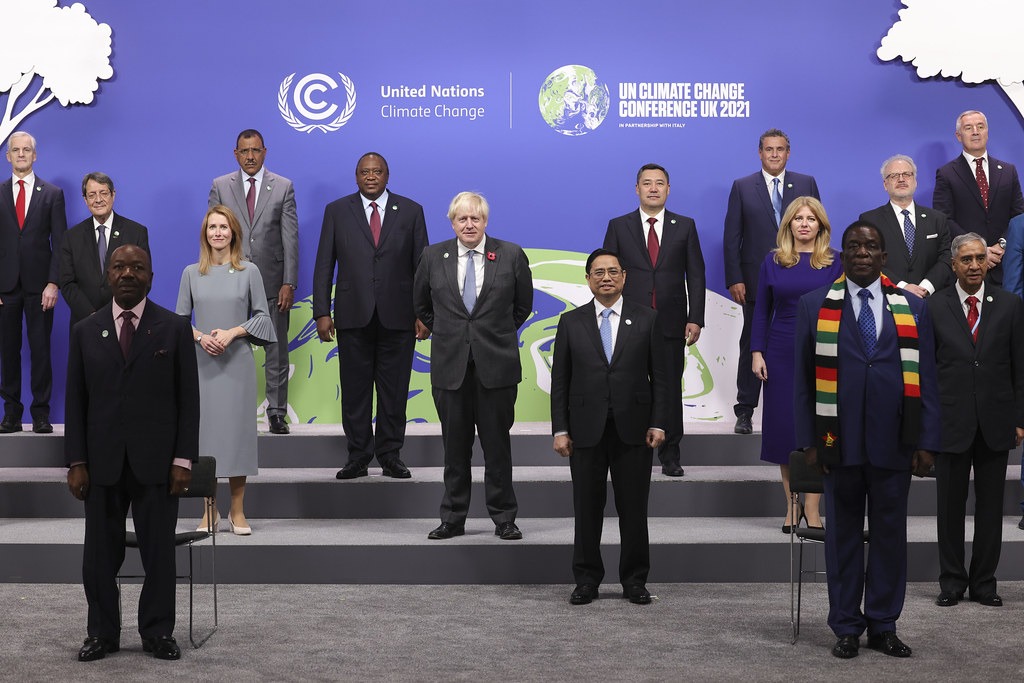On the one hand, the 1.5°C goal is still alive (albeit on life support), and we are on our way to consigning coal to history. There was also a swathe of new announcements, including specifically on finance. These include:
- The Glasgow Finance Alliance for Net Zero’s (GFANZ) announcement that it had signed up $130trln in assets to “deliver the estimated $100trn of finance needed for net zero over the next three decades”;
- The establishment of a High-Level Expert Group next year to set standards to measure and analyse net zero commitments;
- The creation by the UK Government of an anti-greenwashing taskforce as part of new (comply-or-explain) requirements for the country’s asset managers, owners and listed companies to publish decarbonisation plans aligned with the UK’s Net Zero commitment;
- The establishment of a new International Sustainability Standards Board (combining CDSB, SASB and others) to develop reporting guidance (and solve the current situation of competing standards).
On the other hand, we are currently on course for 1.8-2.7°C warming and richer countries are still not showing willingness to support climate change mitigation and adaptation in poorer countries. At a time when we needed concrete action and impact, we couldn’t ignore disappointment from negotiators and civil society over too many promises and not enough ambition.
In this context, during COP26 we decided to focus on the issue of Net Zero Finance Integrity (watch the replay here), as well as examining the real contribution of financial institutions to the Paris Agreement. Indeed, our report from last year, On the Road to Paris, already highlighted that answering this question was not easy. But our further work on the topic has also enabled us to clarify the key components that could make FIs’ net-zero pledges more impactful. They need to:
- Be science-based and provide details about the assets covered, the timeline, and the means that will be used
- Rely on decarbonisation plans that will activate mechanisms with high impact potential
- Be tracked over time with public reporting of their achievement
In this vein, just before COP we launched a new Climate Impact Management System that will help FIs with setting up meaningful targets and impactful action plans (learn more below).
And should citizens be disappointed by the outcome of COP, it’s also time they realize they can vote for Paris with their savings. As discussed during our event at the COP26 French Pavilion, retail investors want to invest sustainably and could significantly contribute to the reallocation of financial flows towards a Net-Zero economy. But to achieve this, they need to better express their non-financial preferences and understand which financial products could best answer their expectations. This is why last week, we launched MyFairMoney, a new finance platform for retail investors who want to invest sustainably (available in English and French).
We’re convinced that these methodologies will help support financial sector commitments, enabling the shift from pledges to changes in the real economy.
Note: This blog reflects the personal opinion of the authors and not necessarily the official position of 2DII.


